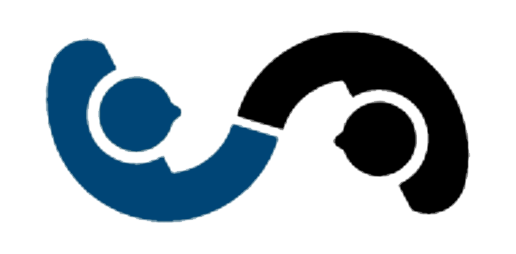Why veterinary services are essential services (even during pandemics)
When a nation strengthens it’s animal health sector it shall have taken a step closer to mitigating the economic and human health risks (including pandemics – see figure below). Confirming Mahatma Gandhi words, “The greatness of a nation can be judged by the way its animals are treated”

Shocking to learn, that as of 26th March 2020, Veterinary Services aren’t listed as essential in Kenya, especially when we are well aware that the Covid19 pandemic was due to a spillover from animals to humans! To prevent future outbreaks and pandemics of zoonotic diseases (disease transmitted between animals and humans) we need to have veterinary services, across the world, at the frontline and well funded and working with other professionals under the spirit of #OneHealth.
Veterinary service providers ensure that the health and welfare of animals is safeguarded round the clock. When limited this could lead to suffering of animals who need the highest level of care 24/7. Just imagine you have a sick pet or animal at home during the night and your veterinarian can’t offer his/her services because it is listed as non-essential? Unimaginable, right? When the health and welfare of our animals is not taken care of it can negatively affect the health and welfare of humans. Example: when animals are not treated by the right animal Health professionals it can lead to bigger problems such as drug resistance (ugonjwa kukataa kusikia dawa).
Veterinary services ensure that the meat humans enjoy is safe (including free of drug residues, chemicals and disease) through meat inspection, proper treatment and management of animals. Making veterinary services non-essential may lead to serious public health issues (I think you have heard of a number of anthrax outbreaks in Kenya leading to the suffering and death of humans who late uninspected meat; that is how serious the issue is).
It is time we tell our governments to take veterinary services seriously to safeguard the health and welfare of animals and humans.
A joint statement from the World Organisation for Animal Health (OIE) and the World Veterinary Association (WVA)
The OIE and WVA have jointly drawn attention to the roles and responsibilities of the veterinary profession for public health. They highlight the specific veterinary activities which are key to ensure a continuum in food safety, disease prevention and emergency management.
Veterinarians are an integral part of the global health community. Beyond the activities linked to the health and welfare of animals, they have a key role in disease prevention and management, including those transmissible to humans, and to ensure food safety for the populations.
In the current situation, it is crucial that, amongst their numerous activities, they can sustain those necessary to ensure that:
- national and regional veterinary regulatory and inspection services can oversee the integrity of public health
- only healthy animals and their by-products enter the food supply to guarantee food safety for the populations,
- emergency situations can be addressed,
- preventative measures, such as vaccination against diseases with a significant public health or economic impact, are maintained.
- priority research activities continue.
The American Veterinary Medical Association position statement
Veterinary practices provide the following essential services:
- Frontline veterinary practitioners and staff are among the healthcare professionals who provide surveillance for diseases deemed reportable by state and federal governments, including zoonotic diseases, such as rabies, influenza and Lyme Disease. They are also responsible for issuing certificates of veterinary inspection that are required for the movement of animals between states and countries, including those entering the food supply.
- Veterinarians are an integral part of our nation’s food and fiber industries. Veterinary care is critical to ensure that only healthy animals enter the food supply. While primarily housed on farms, food animals are also present in urban areas.
- Veterinary practices provide medical and surgical care daily for critically ill and injured animals.
- Veterinarians provide care for service and therapy animals, supporting both animal and human welfare.
- Veterinarians also oversee the care of laboratory animals, which are critical to research that leads to the development of pharmaceuticals and biologics, including vaccines such as those currently being developed to combat COVID-19.
- Veterinarians care for rare, threatened, and endangered animals in zoos, aquaria, wildlife rehabilitation clinics, and wildlife facilities. Even if such entities need to be closed to the public for COVID-19 mitigation, veterinarians and animal care staff must continue to care for these animals.
- Veterinarians and our support staff are trusted professionals involved in disaster situations. While perhaps different from a statutory and regulatory perspective, the training, education, and experience of veterinarians and our staff in disasters are clearly transferrable skills in whatever COVID-19 risk mitigation is deemed necessary.
Other resources
- COVID-19 and veterinary activities designated as essential (OIE/WVA joint statement) https://www.oie.int/en/for-the-media/press-releases/detail/article/covid-19-and-veterinary-activities-designated-as-essential/
- Veterinary practices are “essential businesses” https://www.avma.org/resources-tools/animal-health-and-welfare/covid-19/veterinary-practices-are-essential-businesses
- Livestock and human and animal health http://www.fao.org/3/i0680e/i0680e05.pdf

